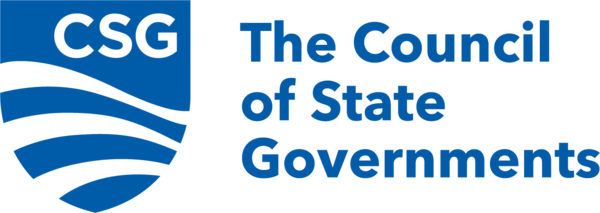
Since 2019, 14 states have either established or revised universal license recognition (ULR) laws. These statutes define a framework where a state determines its unique process to grant an occupational license to an individual who already holds a license in another state or U.S. territory. ULR laws generally set less restrictive and more uniform license portability standards across most or all licensed occupations in a state. However, such laws do not offer true reciprocity (instantaneous recognition of a license from another state) or the mutual recognition found in most interstate licensing compacts. While ULR laws may require an application process and discretion by the licensing board, they have the intended effect of lowering the threshold for license portability in a state and reducing time to licensure.
The Council of State Governments (CSG) created and disseminated a survey to licensing boards in states that have ULR laws to evaluate the implementation of these policies. Using both multiple choice and open-ended questions, the survey received 31 responses from seven states: Arizona, Colorado, Idaho, Iowa, Missouri, Montana, and Pennsylvania. The responses were analyzed and compiled into a report that will be released on licensing.csg.org later this year.
A plurality (35%) of respondents believe ULR policies positively contributed to their state’s workforce. Some respondents mentioned the lengthy licensure process for out-of-state licensees before the policy was implemented and the opportunities it has since created. In contrast, other respondents had issues with defining “substantially similar requirements” and differences in scope of practice and job titles from other states.
During the pandemic, actions to increase the mobility of licensed out-of-state healthcare professionals have been crucial. This survey also asked licensing boards two questions related to the pandemic’s effect on their need for licensed professionals as well as ULR’s effect on the healthcare response to the pandemic. This depended heavily on the profession of the board, but many saw an increase in the need for licensure portability and telehealth.
States considering ULR laws may learn from challenges other states have faced through the implementation and regular practice of ULR. The report will include lessons learned from the survey responses and best practices to reduce barriers to professional licensing. For example, states can mitigate conflicts created by ULR laws by excluding interstate compacts to account for industry-tailored reciprocity mechanisms and including more robust language to determine substantial equivalence and interactions with digital licensing systems.
The report will be released in December 2021. To view the report upon its release, please visit the publications section at csg.org. CSG also will organize a webinar after the report’s release for state leaders and stakeholders.

